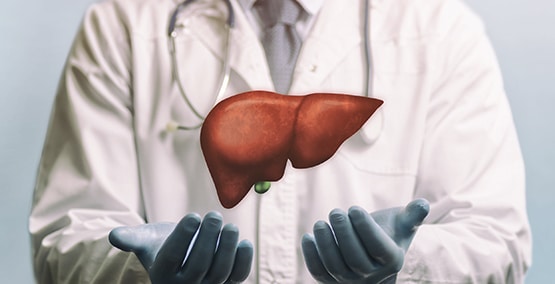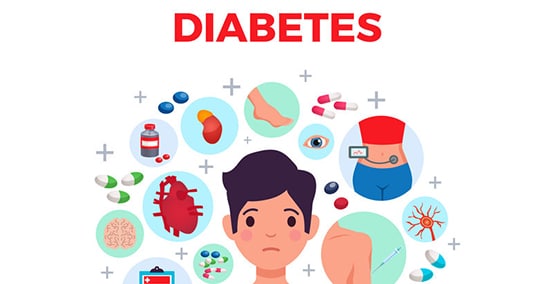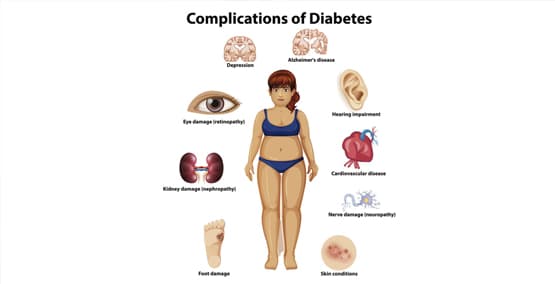
Balancing diet and enzymes in exocrine pancreatic insufficiency
Stay consistent, your health is worth it
-It is important to consistently take the right dose of pancreatic enzymes with every meal and snack. Enzymes help with digestion and absorption of essential nutrients in food for people with exocrine pancreatic insufficiency (EPI). Erractic doses taken without food should be avoided.

Every person with EPI has a unique dose of enzymes. Individualized dosing of enzymes is based on your weight, fat content of your diet, symptoms and degree of fat in the stool.
The recommended dosing ranges from 500 to 2500 lipase units per kilogram of body weight at each meal. The total maximum daily dosing is 10,000 lipase units per kilogram of body weight.
This dosing is equal to a range of 500 and 4000 lipase units per gram of fat consumed per day.
Usually only half of the individualized amount of enzymes per meal is taken for each snack.
Enzyme doses can be adjusted by your physician based on your response to therapy, greasy stools, bloating, abdominal pain, constipation and any weight change. Dosage should not be changed without the direction of your physician.
The best diet for people with Exocrine Pancreatic Insufficiency (EPI) is a high fat, high protein, high calorie diet. People with EPI need extra fat because fat in the diet isn't well absorbed. It is also important that every meal and snack is taken with appropriate doses of pancreatic enzyme replacement therapy (PERT).
A diet rich in nutrients is important for people with EPI. Additional vitamins A, D, E and K and mineral supplements are required to maintain proper levels of important minerals and fat-soluble vitamins. Why? Because you may not absorb these nutrients completely and these nutrients are essential for growth and development.




